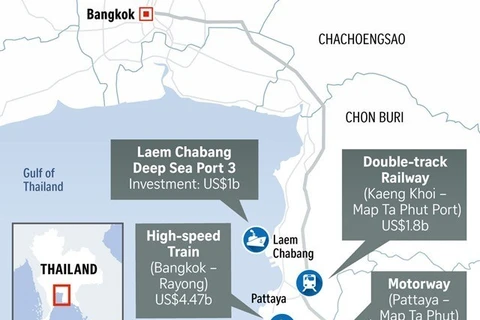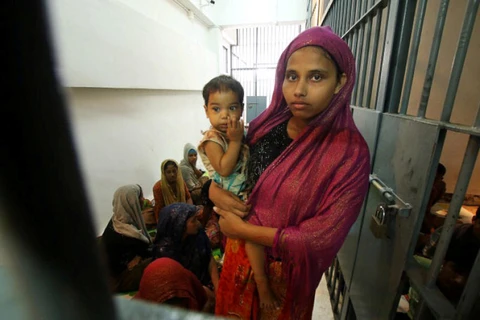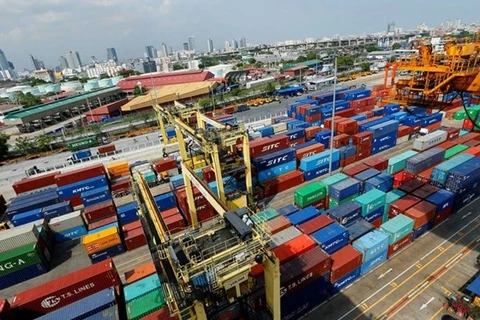Bangkok (VNA) – Thailand’s Prime Minister Prayut Chan-o-cha and Minister of the Interior Anupong Paojinda have issued statements assuring members of the public that the administration is doing its best to address the issue of air pollution.
Prime Minister and Defense Minister General Prayut Chan-o-cha expressed his concerns over the well-being of the people and instructed local provincial administrations to mitigate the problem, telling them to look after the health of their respective local residents, reported the National News Bureau of Thailand (NNT).
Meanwhile, Minister of the Interior Anupong Paojinda advised people in affected areas to avoid engaging in prolonged outdoor activities and wear face masks when venturing outside.
The agency also recommended youths, senior citizens and people suffering from respiratory illnesses seek medical attention as soon as they start exhibiting irregular respiratory symptoms.
The minister urged motorists to switch to public transportation instead of using their own vehicles.
Additionally, he instructed provincial administrations to discourage residents from outside burning and using slash and burn farming techniques./.
VNA

























